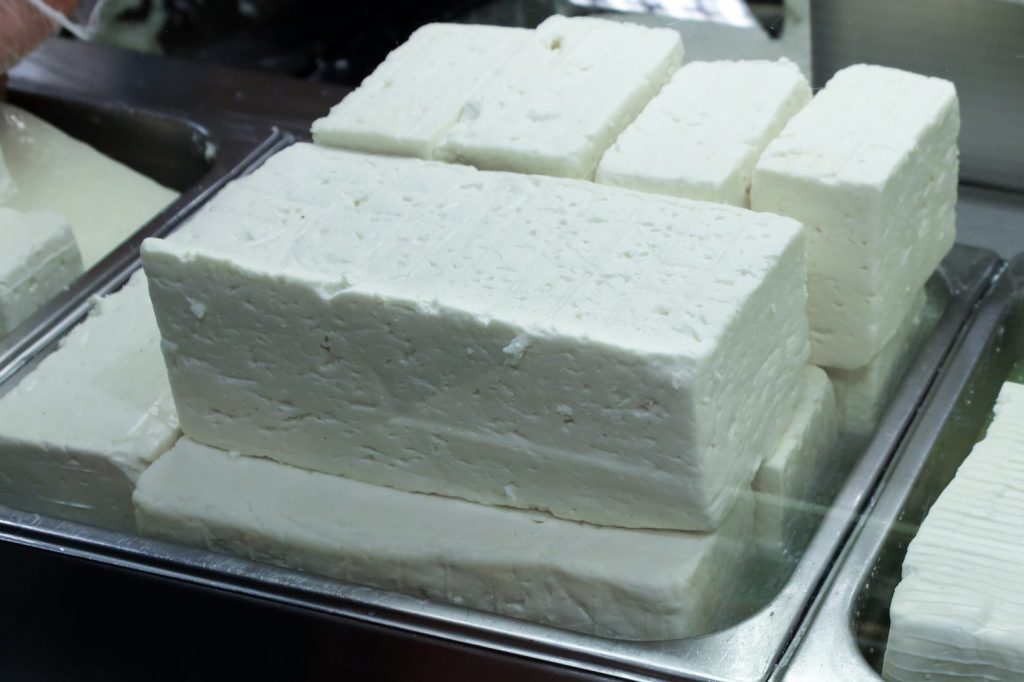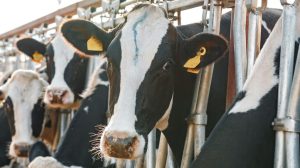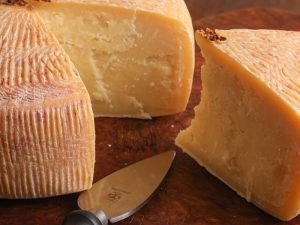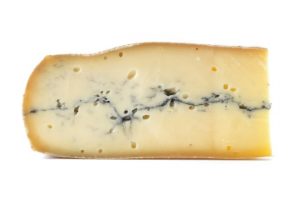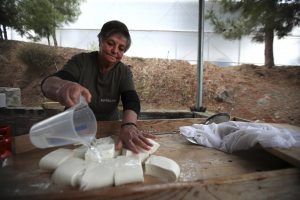
The goat plague that invaded Greece – brought in somehow from Romania – not only has led to a nationwide ban on moving livestock and culling and killing sheep and goats – but seen hiking the price of popular cheeses and affecting feta production. Minister of Rural Development and Food Kostas Tsiaras said there’s a likelihood of a jump in cheese prices that would come after the cost of extra virgin olive oil nearly doubled and consumers were struggling with high food prices in supermarkets.
Tsiaras said what happens depends on if the plague spreads and how many more animals will have to be killed, further reducing the supply of cheese, with 37 cases across the country, the latest in Rodopi in northern Greece, noted for cheeses.
The disease was also found in Ilia and the ministry said that animals that probably carry the virus have been transferred to units in 11 of the 13 regions, with 13,500 animals killed so far, uncertain if it will rise.
In a feature, Reuters reported how the plague is hurting farmers still dealing with deadly floods in the agricultural heartland of Thessaly too. Farmer Ioanna Karra said she is buying expensive disinfect to keep her animals safe.
“We cannot bear the slightest damage for a second year in a row,” Karra told Reuters from her dairy farm in the village of Zilefti in Thessaly, farmers left shaking their heads at two years of trouble for them.
Goat plague, also known as Peste des Petits Ruminants (PPR), was detected in July for the first time in Greece. The virus does not infect humans, but is highly contagious among goats and sheep and can kill up to 70 percent of those infected.
Once a case is detected, the entire flock is culled, the affected farm is disinfected and authorities test animals in nearby areas for the disease, in line with protocols set by the European Union, the report said.
Twenty-two farms have been infected, mostly in the center of the country and more than 300,000 animals tested, the government bringing in private and military veterinarians to deal with the task.
While the numbers are not yet devastating, they worry farmers across Greece who are already battling the effects of climate change including blistering heat and erratic rainfall.
Karra and her husband Thanasis Zouzoulas said their animals weren’t infected but they have to disinfect trucks that come to load milk on their farm. The ban on movements means they cannot buy more animals to bulk up their flock, although they are allowed to sell the milk.
In September, 2023, storms flooded about 35,000 acres in Thessaly plain, which accounts for 25 percent of Greece’s agricultural produce and 5 percent of Greece’s economic output, about 30,000 farms affected.
Karra and Zouzoulas lost 750 of their 800 animals in the flood and have only begun to restock and said the virus came because veterinary clinics are understaffed and do not make the necessary checks on imported animals.
“We were talking about a possible crisis before the crisis,” Karra said, and Georgios Stratakos, a senior Agriculture Ministry official, said the ban on moving animals would last at least until Aug. 4.
The government is looking into compensation for those that lost livestock in the culling or were affected by the ban, he said. “It is definitely a big blow, but the government … will stand by these people,” he said.
You can now read the most important #news on #eDairyNews #Whatsapp channels!!!
🇺🇸 eDairy News INGLÊS: https://whatsapp.com/channel/0029VaKsjzGDTkJyIN6hcP1K
